Discover Tikal: Wildlife Adventures in the Mayan Jungle
Unveiling the Mysteries of Tikal’s Ecosystem
Dive into the heart of Guatemala’s rainforest to explore Tikal, where ancient ruins and rich biodiversity converge. This adventure offers a rare glimpse into a world where history and nature coexist seamlessly.
The Natural Canvas of Tikal
The Habitat Mosaic of the Ancient Mayan Civilization
Tikal’s landscape is a tapestry of dense rainforests, wetlands, and ancient structures, creating a unique ecosystem. This blend of historical and natural elements provides a haven for an array of species, from towering Ceiba trees (Ceiba pentandra) to the elusive Jaguar (Panthera onca).
Avian Splendors of Tikal
Exploring the Feathered Inhabitants of the Jungle
The skies and trees of Tikal are alive with avian species like the vibrant Keel-billed Toucan (Ramphastos sulfuratus), Ocellated Turkeys (Meleagris ocellata), Orange-breasted Falcons (Falco deiroleucus), Mealy Parrots (Amazona farinose), and the majestic King Vulture (Sarcoramphus papa). These birds add color and life to the already mesmerizing ruins.
Birdwatching Tips for Tikal Visitors
For the best birdwatching experience, venture out at dawn or dusk. Key locations include the Great Plaza, Temple IV, and the old airstrip, where the forest canopy is alive with bird calls.
Mammals in the Mayan Wilderness
Encounters with Tikal’s Diverse Mammalian Life
The jungle rustles with the presence of mammals such as the agile Spider Monkeys (Ateles geoffroyi), the vocal Howler Monkeys (Alouatta pigra), and the stealthy Ocelots (Leopardus pardalis). These animals are a testament to the jungle’s health and diversity.
Ethical Wildlife Viewing Practices
Maintain a respectful distance and use binoculars for close-up views. Feeding or attempting to touch the wildlife is strictly prohibited to protect both animals and visitors.
Reptiles and Amphibians: The Hidden Gems of Tikal
A Closer Look at Tikal’s Overlooked Species
Tikal’s forest floor and waterways reveal species like the White-nosed Coati (Nasua narica), Central American Agouti (Dasyprocta punctata), the Morelet’s Crocodile (Crocodylus moreletii), and the Red-eyed Tree Frog (Agalychnis callidryas), each playing a crucial role in the ecosystem.
The Supporting Role of Flora in Tikal’s Ecosystem
The Vegetative Backbone of Wildlife Habitat
The flora of Tikal, including the majestic Ceiba tree (Ceiba pentandra), also known as the kapok or silk-cotton tree), Chicle Tree (Manilkara Zapota), in English, named Sapodilla, Guarumos (Cecropia peltata), and the Xate plants (Chamaedorea genus) not only shelter and food to wildlife but also add to the ruins’ historical ambiance reflecting the Importance of Preserving Tikal’s Heritage
Promoting Conservation and Responsible Exploration
As we wander through Tikal’s trails, the importance of conserving this irreplaceable heritage site becomes clear. It’s our responsibility to ensure that future generations can also experience the wonder of Tikal’s wildlife.

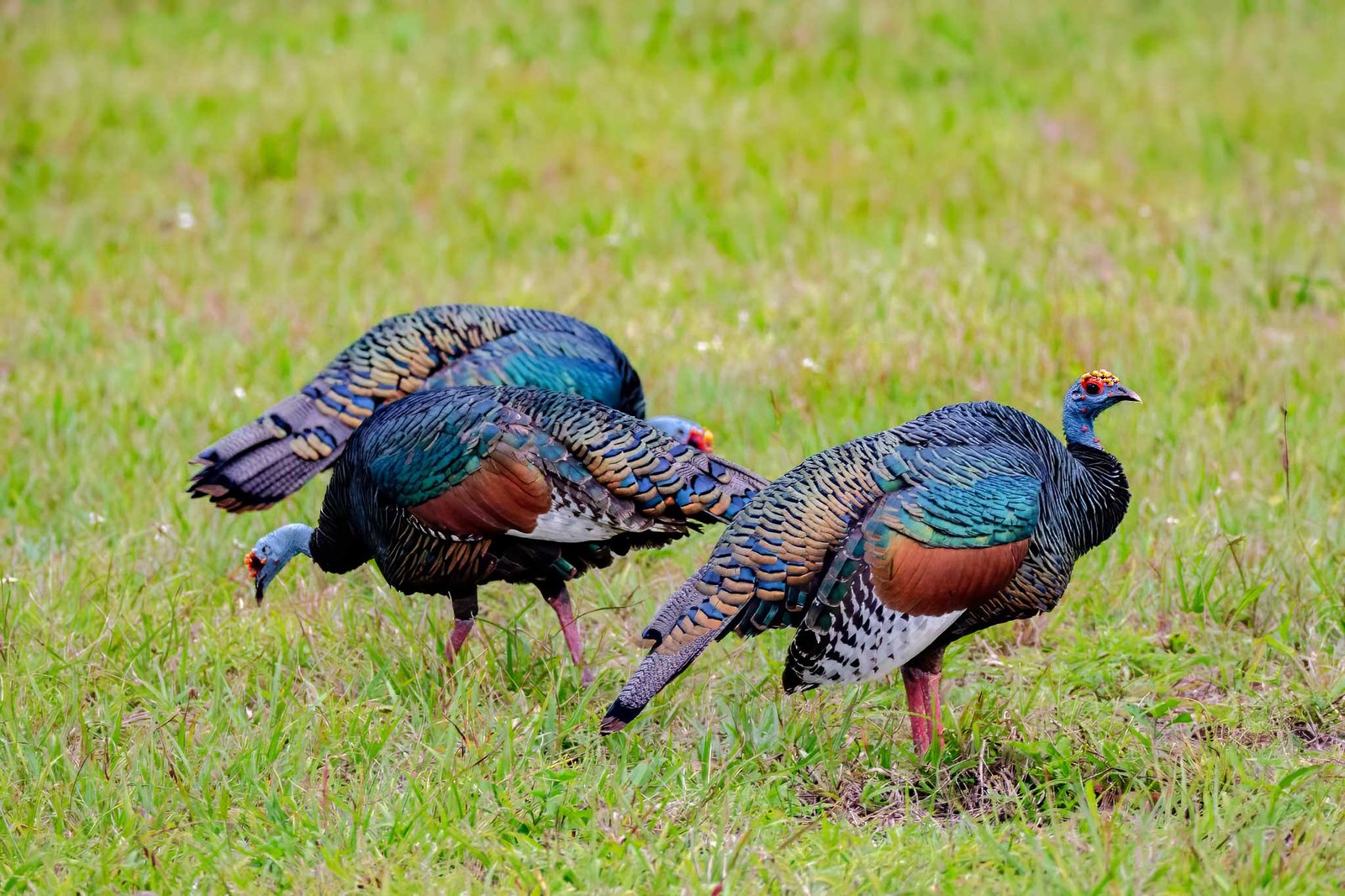

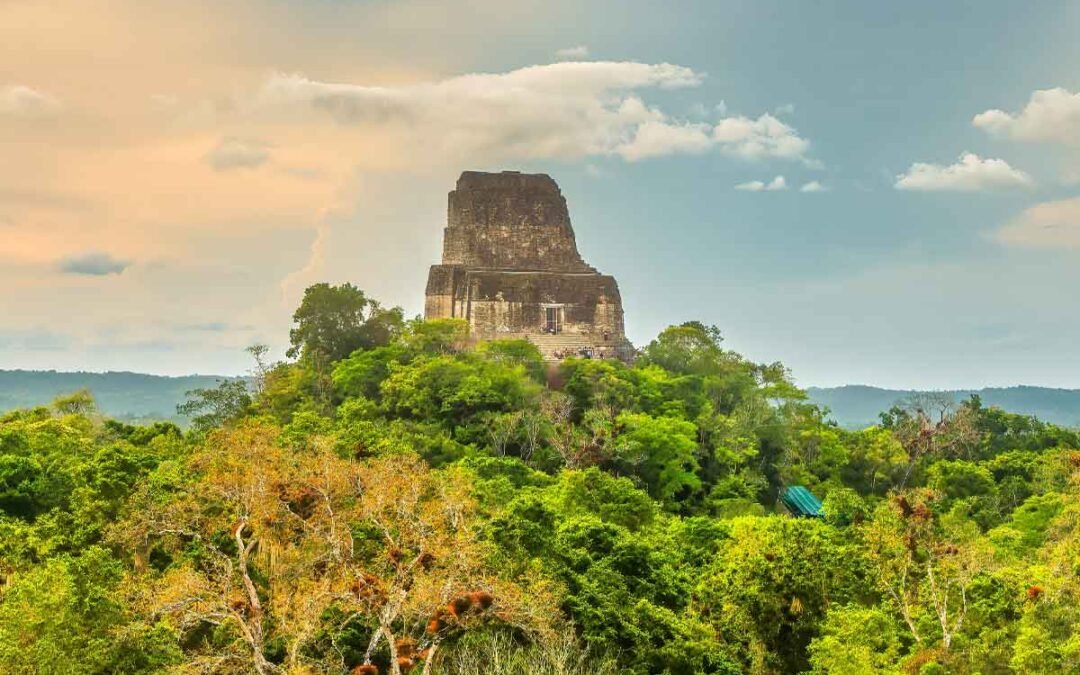

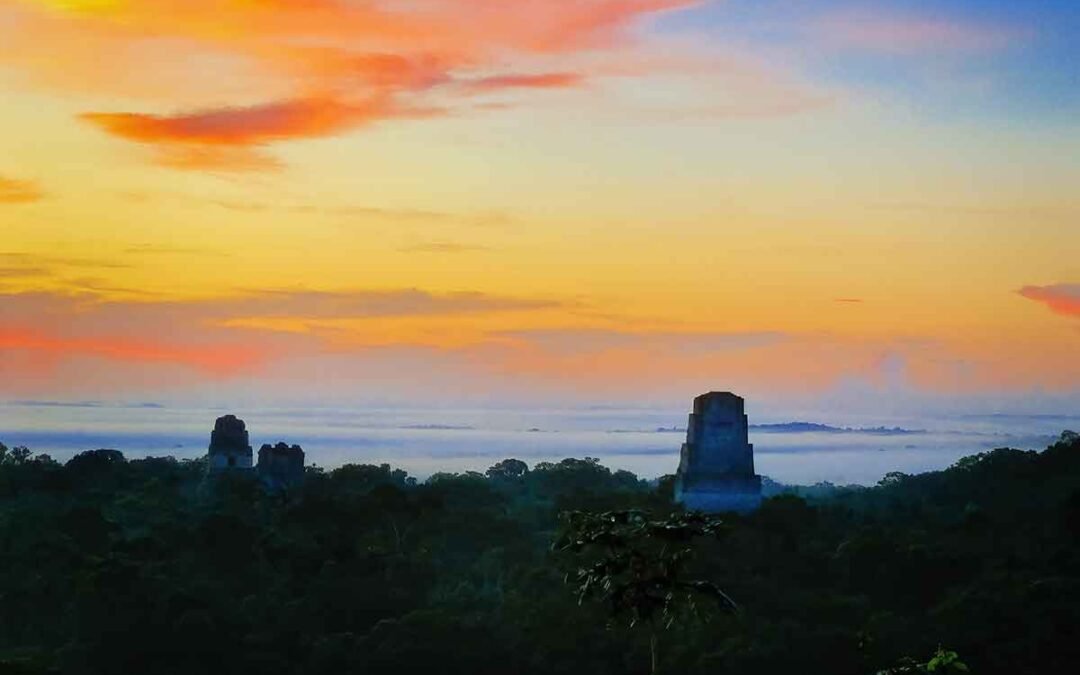
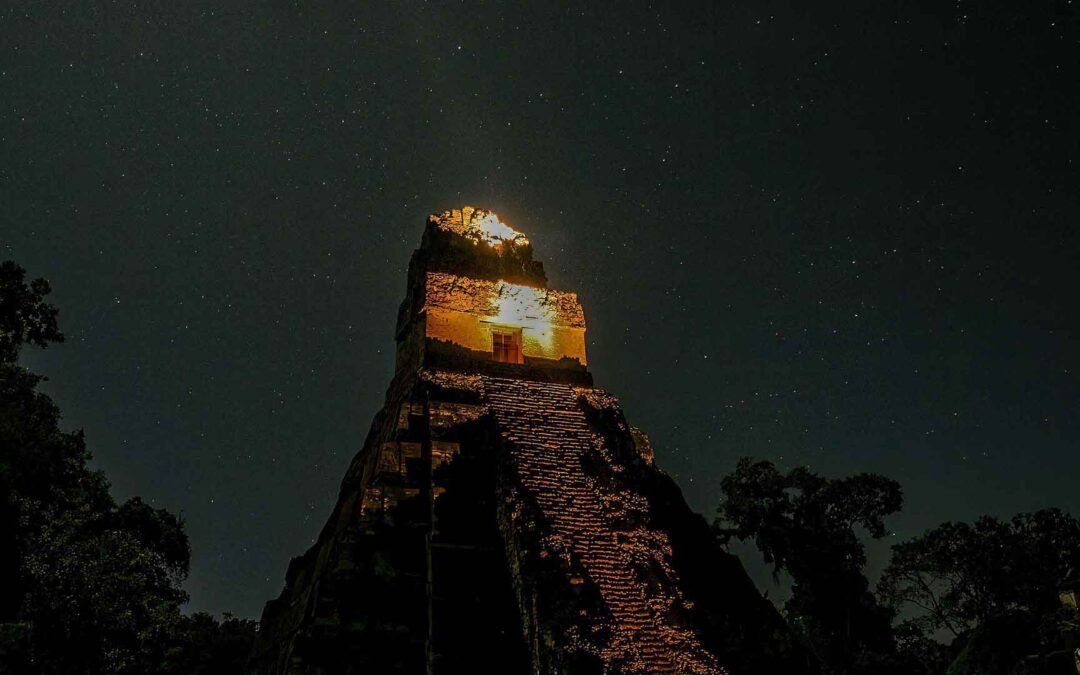
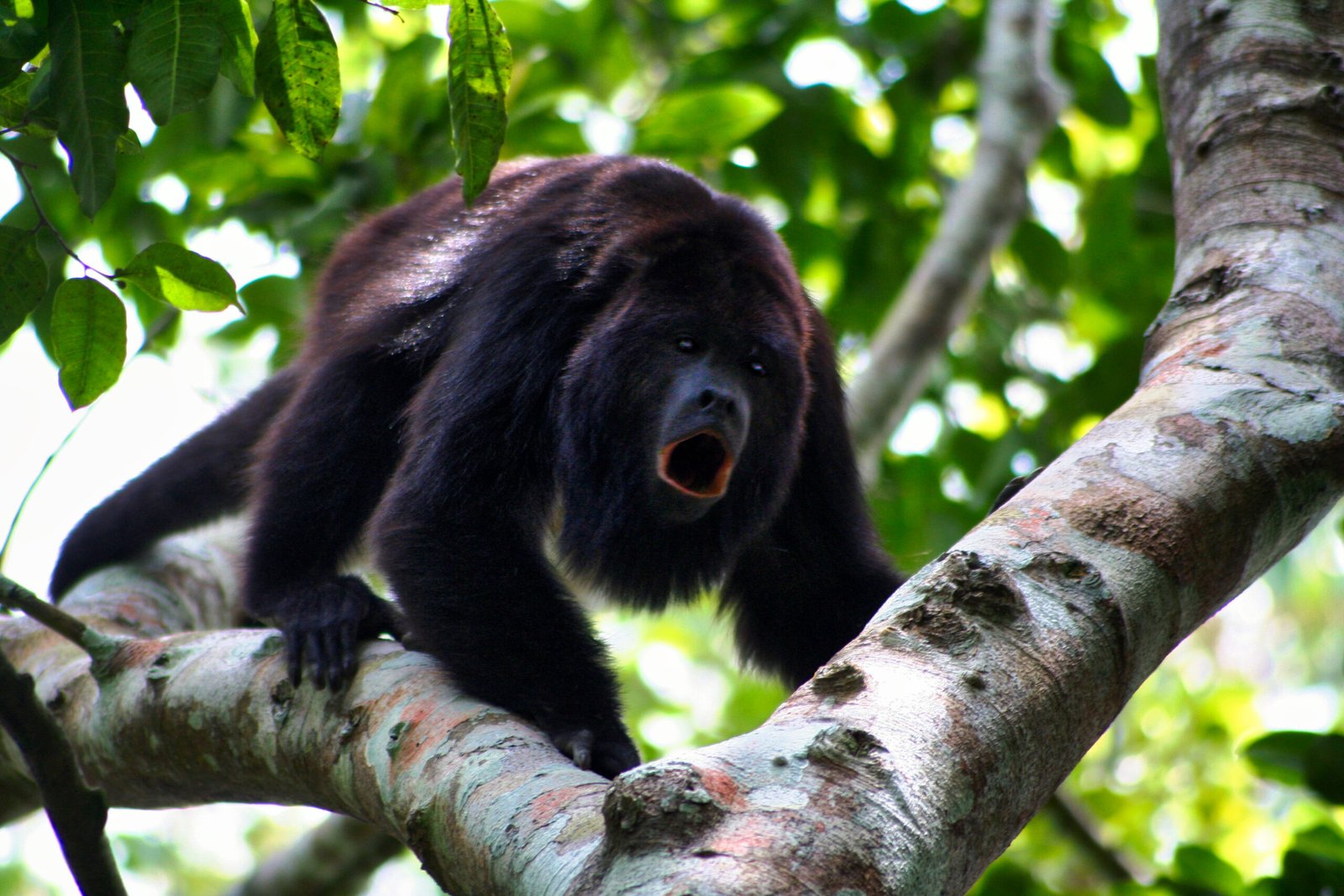



0 Comments